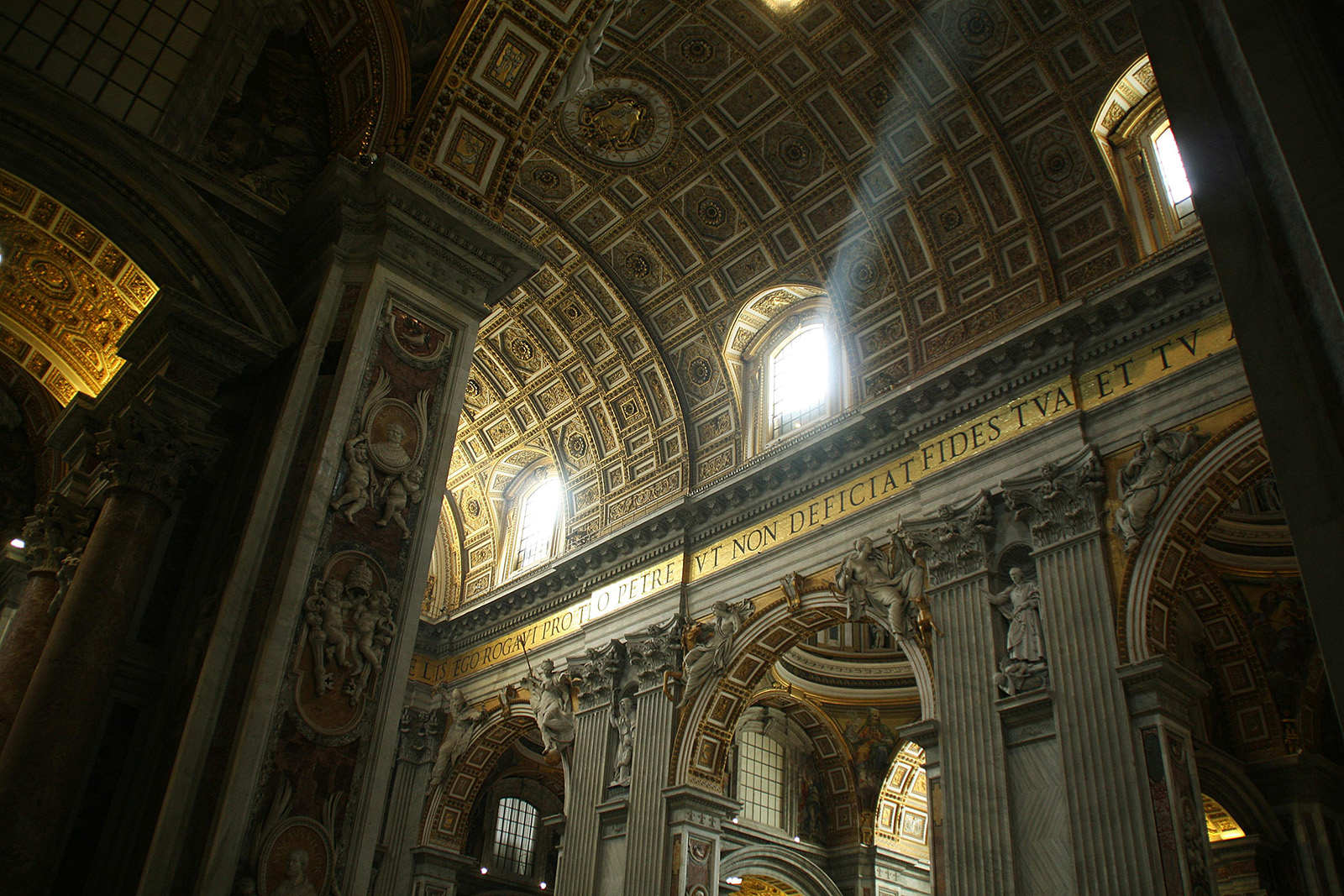
VATICAN CITY (RNS) — More than two decades after The Boston Globe’s Spotlight investigations revealed a widespread culture of abuse and cover-up among Catholic clergy, a Vatican report found that despite progress, the church remains sluggish in implementing transparency and accountability measures when it comes to abuse.
The Pontifical Commission for the Protection of Minors, created by Pope Francis in 2014 to combat abuse in the church, issued its report covering 2024 on Thursday (Oct. 16). It gives guidelines for both financial and spiritual reparations for abuse victims and outlines obstacles that remain to enacting a consistent zero-tolerance policy in the church.
According to canon law, Catholic bishops can only be removed due to “grave causes,” reasons that are often not shared with faithful. The report, however, said those reasons, when related to abuse or negligence, should be publicly communicated while maintaining “due regard for principles related to privacy and the presumption of innocence.”
Speaking at a Vatican press conference presenting the report, members of the commission said that they have been in “constant dialogue” with the Vatican Dicastery for the Doctrine of the Faith to implement transparency when it comes to bishops’ removal but that local churches also bear the responsibility of sharing information with faithful in their communities.
Since 2022, the commission has been formally located within the Vatican’s doctrinal office, which is charged with handling some clergy abuse cases, though it reports directly to the pope. Some critics say the arrangement blurs oversight and independence, while others have raised the issue of the challenge of obtaining data from the notoriously secretive doctrinal office.
The report also found that the Vatican office for evangelization, which oversees the church in developing nations, has not implemented measures to report abuse cases. Only two cases were reported to the office in 2024. Bishops’ conferences in Africa and Asia-Oceania provided “very limited data,” the report stated, due to “insufficient safeguarding infrastructure and cultural barriers to disclosure.”

A crucifix is silhouetted against a stained-glass window inside a Catholic church in New Orleans, Dec. 1, 2012. (AP Photo/Gerald Herbert, File)
A lack of data was a main concern in the commission’s 2023 report, and this year it sought to fill the gap by including findings from the United Nations Committee on the Rights of the Child. It also asked that papal nuncios, who represent the pope in various countries, review the report’s findings in each region.
Survivors told the commission that a major issue in the church’s handling of sexual abuse cases has been the lack of transparency in canonical trials on abuse. “Many participants expressed frustration at the absence of clear information on the status or outcome of their cases,” the report read.
Unlike the pilot report in 2023, this year’s report included participation from 40 survivors from countries in Africa, the Americas, Asia-Oceania and Europe, via individual listening sessions guided by professionals. The report underlined a need for reparations that go beyond financial compensation to include promoting a culture of listening for victims, issuing public apologies, and offering spiritual and psychological support.
“Listening to victims and survivors is the first step towards realizing a safer church for our children,” said Maud de Boer-Buquicchio, who drafted the document as chair of the annual report team, at the press conference. “We owe an honest response to the countless victims and survivors — known and unknown — who have had the courage to sound the alarm on abuse, despite unimaginable obstacles.”
While the report was presented as a symbol of the church’s commitment to helping victims of abuse and promoting measures to combat abuse in the church, some survivor advocates criticized it for being inadequate and vague.
In a statement on Thursday, Anne Barrett Doyle, co-director of the survivor network BishopAccountability.org that tracks thousands of clerical-abuse cases worldwide, said “the commission is to be commended for depicting how little progress the church has made in ending abuse and cover-up.” The survivor advocate pointed to the commission’s “limited power” and inability “to examine or comment on specific cases.”
Her statement also said “the report should serve as a wake-up call to Pope Leo,” who has emphasized his concerns about combating abuse in the church while maintaining the presumption of innocence in recent interviews and public statements.
